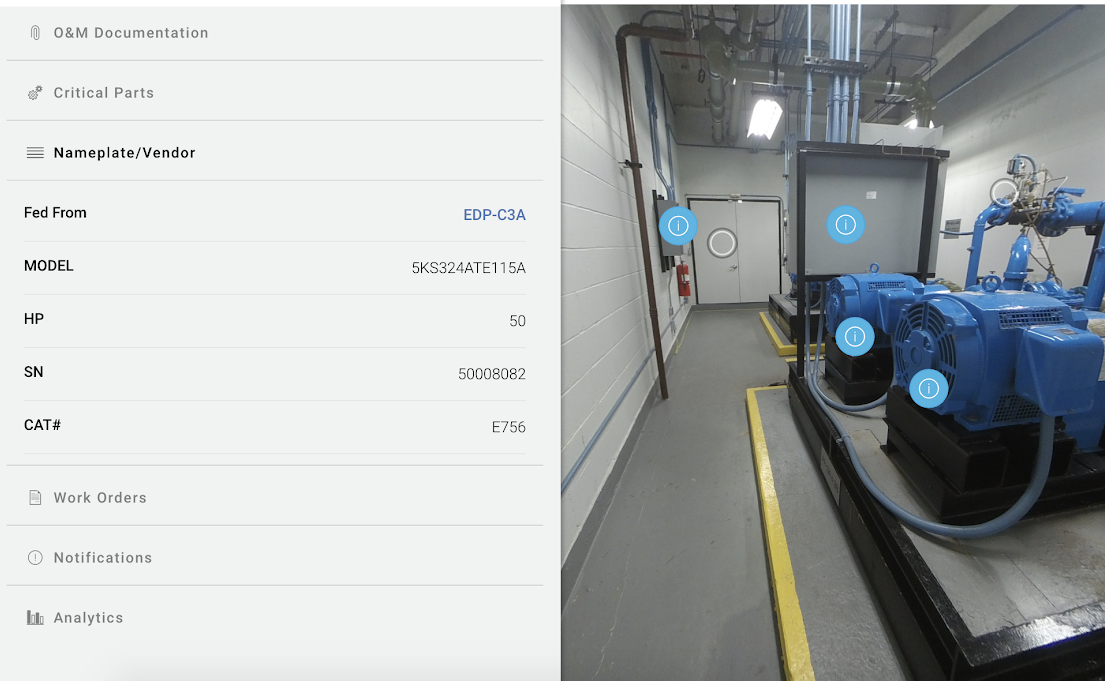How to Make Next Budget Season Less Time Consuming
Summary
This budget season has been particularly challenging because COVID-19 has blown up assumptions and rules of thumb
Asset managers will never be experts at what’s happening on site, but systems can be setup to give them transparency and answer the questions they need on-the-fly
Systems create resiliency so that information can be more accessible regardless of what unexpected events occur
This budgeting season has been particularly challenging for asset managers. COVID-19 has made what’s already a difficult task even more challenging by making information less accessible and blowing up long-held assumptions.
Worse, much of the necessary information and assumptions have to do with on-site operations, something that asset managers are notoriously shy to dive into.
That being said, some portfolios were able to adjust a better because they had built their systems from the ground-up to be resilient to unforeseen circumstances by collecting more information about assets than seemed necessary at the time. This was done with the knowledge that it will not be accessed most of the time; however, when it is needed, it will allow work to continue moving forward.
Doing so requires understanding how on-site information becomes digitized and how to get information to flow freely across departments within the organization to maintain resiliency during times of turmoil.
System of Record
For the most part, commercial real estate portfolios have sophisticated systems of record for leasing and acquisitions, yet little or none for operations or capital planning at the property level.
For example, equipment ages and conditions are often maintained on spreadsheets, which come with familiar issues of versioning and accessibility. The same goes for service agreements, warranties, bills and a host of other documentation.
These are the exact pieces of information that are unimportant up until the moment they are desperately needed, such as during budgeting season.
During normal times, this wasn’t a big deal. But now that budgets are in such flux and there’s heavy scrutiny on all costs, asset managers desperately need this information to properly allocate resources.
Flexibility comes from being able to access what you didn’t know you’d need.
Asset tagging of every piece of equipment is the lowest hanging fruit, which can and should be picked immediately. This is not purely an information gathering exercise, for operators, asset tags serve as critical portals to information they need during their day such as maintenance logs and repair manuals.
System of Engagement
The most robust system of record in the world is useless without a way to access the specific information required at any given moment. Systems of engagement are how stakeholders interface with the system of record.
Unfortunately, in practice, many systems of record focused on building data have been built with only the engineers in mind. In general, this makes the system of record completely inaccessible for asset managers.
During budgeting season, the “killer feature” of a system of engagement is the ability to answer questions, whatever those may be. That means being able to search across multiple dimensions and in granular detail if necessary.
Doing so not only saves time in how quickly information is accessed, it saves the time of the operators who would otherwise be the gatekeepers to this type of information.
Conclusion
A normal budgeting season involves many moving parts and some aspects are out of control of asset managers. The challenges caused by COVID-19 has highlighted the need to streamline as many aspects of the process as possible.
One aspect that can be tackled quickly is the information surrounding property-level performance and equipment-level information. This can be done by physically tagging every system in every property. These physical tags correspond to a digital entry in a database that can be searched at any time.
Obviously, the first step is to get through this budgeting season with whatever tools are in place. After that, it would be wise to reevaluate the systems in place to make next year a little easier and the process more resilient to unforeseen events.
Get started creating a system of record for property-level information! Get a demo today!


